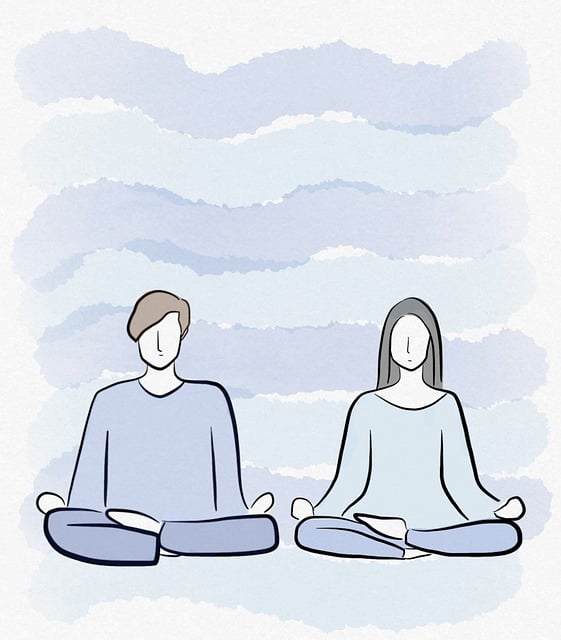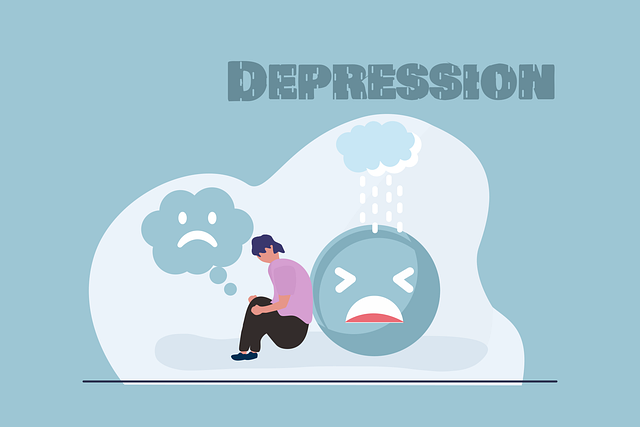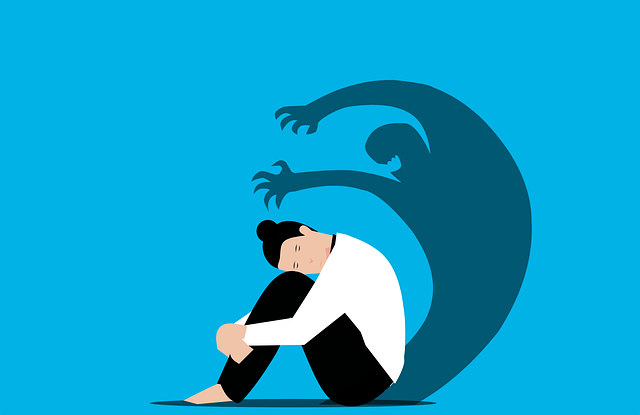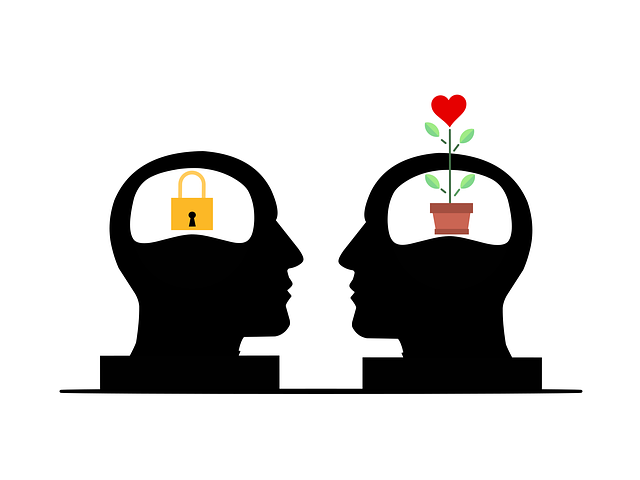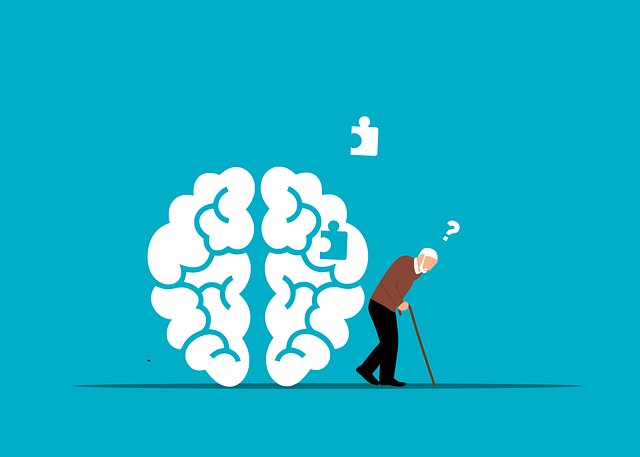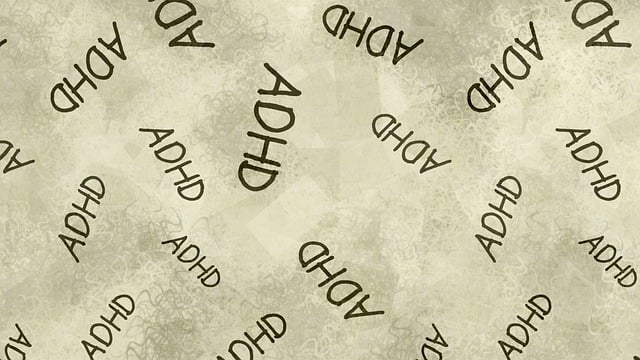In diverse communities like those found in Littleton ADD-ADHD Therapy areas, therapists must embrace cultural sensitivity to provide effective mental healthcare. This involves understanding varied communication styles, family structures, and coping mechanisms across different backgrounds. By incorporating these insights, therapists can offer personalized treatments, reduce stigma, and create an inclusive environment where clients feel safe to seek help without judgment. A culturally sensitive approach, as practiced in Littleton ADD-ADHD Therapy centers, can facilitate trust and understanding through recognition of individual beliefs and adaptation of practices to align with diverse healing principles. Continuous education and training are crucial for therapists to overcome cultural barriers and ensure accessible, effective mental healthcare for all.
In a globalized world, cultural sensitivity in mental healthcare is no longer an option but a necessity. This article explores the intricate landscape of mental health beliefs and practices across diverse cultures, highlighting how cultural background shapes perceptions of mental illness and treatment-seeking behaviors. We delve into the challenges—from language barriers to unconscious biases—and present strategies, such as culturally tailored treatment plans and competence training, championed by Littleton ADD-ADHD Therapy, to enhance therapeutic outcomes for all. By fostering equity, accessibility, and inclusivity, we ensure that quality mental healthcare is available to everyone, regardless of cultural background.
- Understanding Cultural Diversity in Mental Health Context
- – Exploring the global landscape of mental health beliefs and practices
- – Impact of cultural background on perception of mental illness and seeking treatment
- Challenges and Barriers in Culturally Sensitive Therapy
Understanding Cultural Diversity in Mental Health Context

In the realm of mental healthcare, understanding cultural diversity is paramount. Mental illness does not exist in a vacuum; it is deeply intertwined with an individual’s cultural background, beliefs, and social context. This is particularly relevant in regions like Littleton ADD-ADHD Therapy areas where communities are becoming increasingly diverse. Navigating these complexities requires therapists to be mindful of the unique challenges faced by clients from various ethnic, racial, religious, and socio-economic backgrounds.
Cultural sensitivity involves recognizing and respecting differences in communication styles, family dynamics, and coping mechanisms. For instance, some cultures may emphasize collective decision-making, while others value individual autonomy. Therapists who are attuned to these nuances can provide more personalized and effective treatments, such as anxiety relief strategies tailored to a client’s cultural context or confidence-boosting exercises that align with their personal values and beliefs. Mental illness stigma reduction efforts also benefit from this cultural awareness, fostering an inclusive environment where clients feel safe to seek help without fear of judgment.
– Exploring the global landscape of mental health beliefs and practices

The global landscape of mental health beliefs and practices is a diverse and complex tapestry, woven with unique threads from various cultural backgrounds. In many parts of the world, mental illnesses are viewed through the lens of spiritual or traditional healing methods, often emphasizing the interconnectedness of mind, body, and spirit. For instance, in some Asian cultures, practices like meditation and acupuncture are integral to therapeutic approaches, reflecting a holistic understanding of well-being. Conversely, Western cultures have traditionally focused on medical models, with pharmacotherapy and psychotherapy as primary treatment modalities, such as what is offered at Littleton ADD-ADHD Therapy centers.
This cultural diversity presents both opportunities and challenges in mental healthcare. By embracing a culturally sensitive approach, practitioners can foster deeper connections with clients from diverse backgrounds, promoting trust and understanding. This involves recognizing and respecting the unique beliefs and values of each individual, incorporating relevant therapeutic techniques like those that focus on inner strength development and emotional intelligence, and adapting practices to align with mind over matter principles. Such sensitivity ensures that mental healthcare is accessible, effective, and inclusive for all, regardless of cultural background.
– Impact of cultural background on perception of mental illness and seeking treatment

Understanding the impact of cultural background on perceptions of mental illness and treatment-seeking behaviors is paramount in providing effective care. What one considers a mental health issue may vary greatly across cultures, shaped by unique historical, social, and religious contexts. For instance, in some communities, symptoms of anxiety or depression might be attributed to spiritual causes, while others might view them through a lens of personal weakness. This cultural variability necessitates a nuanced approach to diagnosis and treatment, as straightforward application of Western psychiatric standards may not resonate with patients from diverse backgrounds.
The quest for culturally sensitive mental healthcare highlights the importance of emotional intelligence among practitioners. Empathy, awareness of one’s own biases, and an understanding of the patient’s cultural framework are essential tools in building trust and facilitating communication. This approach can significantly influence a person’s willingness to seek help, especially in communities that have historically faced barriers to mental health services. For instance, families who embrace holistic healing practices or alternative medicine may require therapists who demonstrate flexibility and incorporate Mind Over Matter principles into treatment plans, as seen in the context of Littleton ADD-ADHD Therapy, where cultural sensitivity plays a vital role in helping patients and their families navigate complex emotional landscapes.
Challenges and Barriers in Culturally Sensitive Therapy

In the pursuit of culturally sensitive mental healthcare, one cannot overlook the significant challenges and barriers that therapists encounter when working with diverse populations. These hurdles often stem from a lack of awareness, understanding, or experience in dealing with cultural differences. For instance, professionals practicing Littleton ADD-ADHD Therapy might face difficulties in recognizing and addressing unique cultural manifestations of attention-deficit/hyperactivity disorder (ADHD). This is especially true in communities where mental health issues are not openly discussed, stigmatized, or interpreted differently due to cultural beliefs and traditions.
Furthermore, self-care practices and compassion cultivation among therapists play a pivotal role in overcoming these barriers. Therapists need training and support to cultivate cultural competence, engage in continuous learning about diverse cultures, and develop empathy. Public Awareness Campaigns Development can also help educate both professionals and the general public on the importance of culturally sensitive therapy. This collective effort not only enhances therapeutic outcomes but also fosters an inclusive environment where individuals from all backgrounds can access and benefit from mental healthcare services without facing cultural or linguistic barriers.
Cultural sensitivity in mental healthcare is paramount, especially considering the diverse global landscape of mental health beliefs and practices. Understanding how cultural background shapes perceptions of mental illness and treatment-seeking behavior can significantly enhance therapeutic outcomes. Overcoming barriers like language differences, stereotyping, and lack of culturally competent resources is crucial for providing effective care. By integrating these insights, mental health professionals, including those offering Littleton ADD-ADHD Therapy, can foster inclusive environments that respect and validate diverse cultural experiences, ultimately improving patient well-being.

